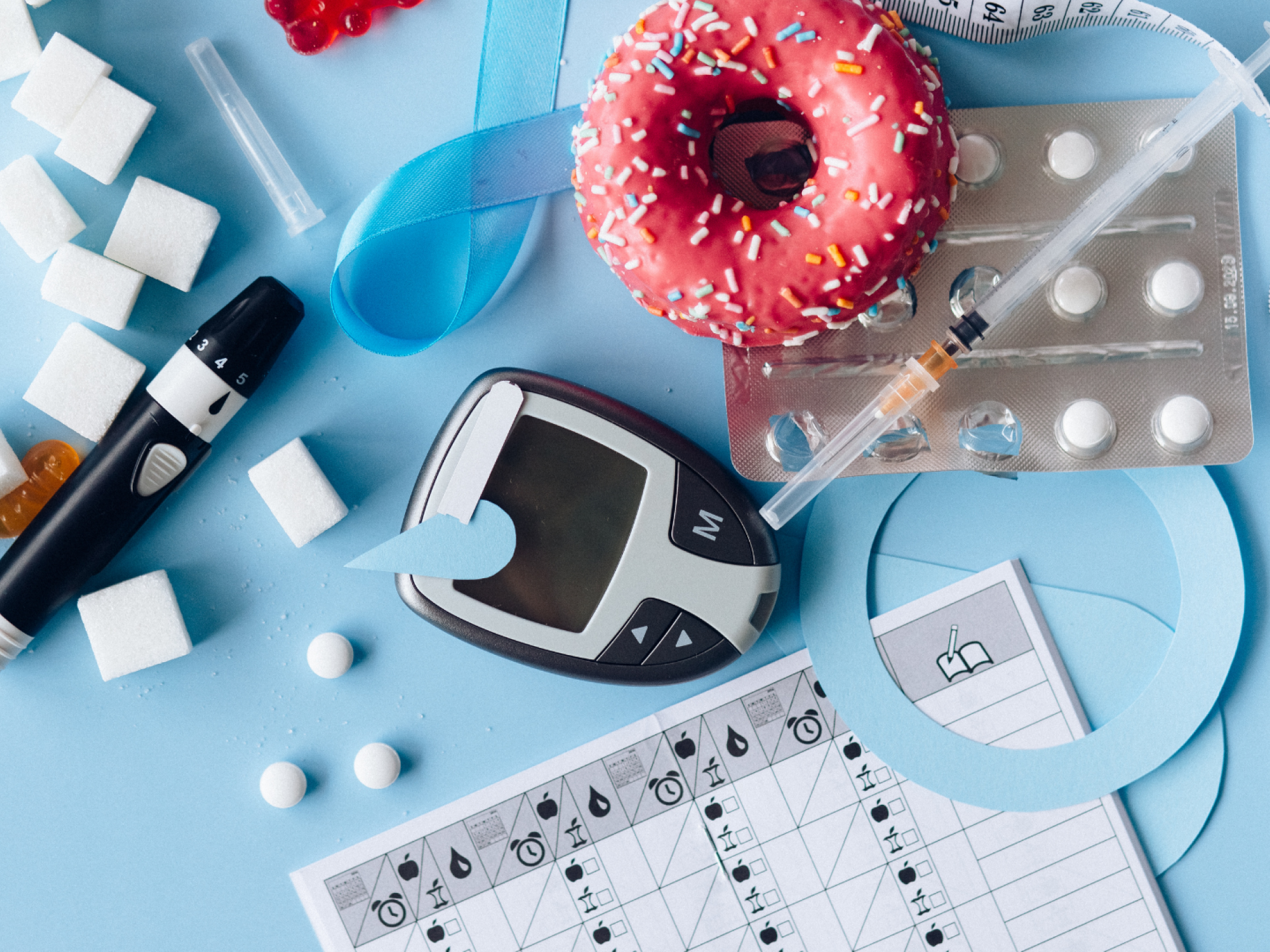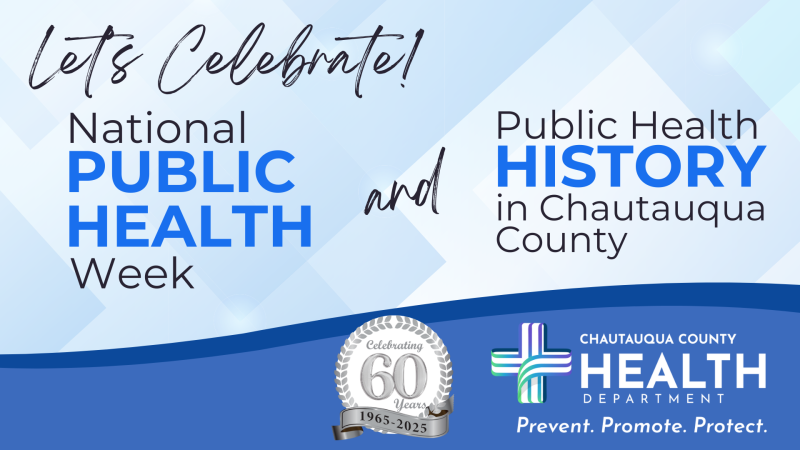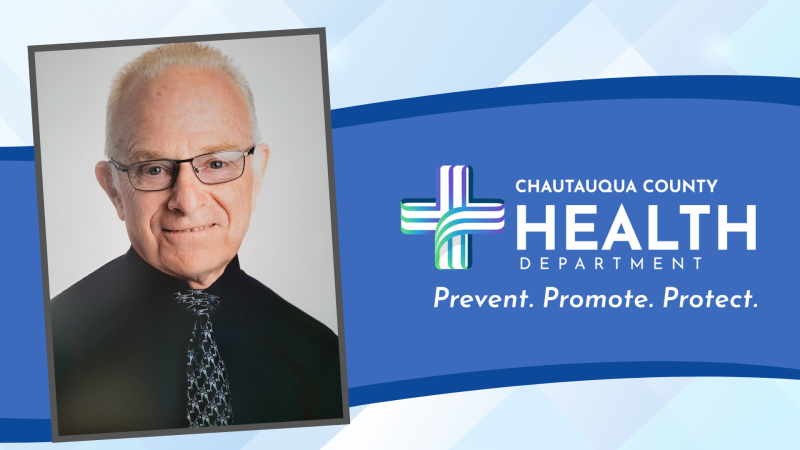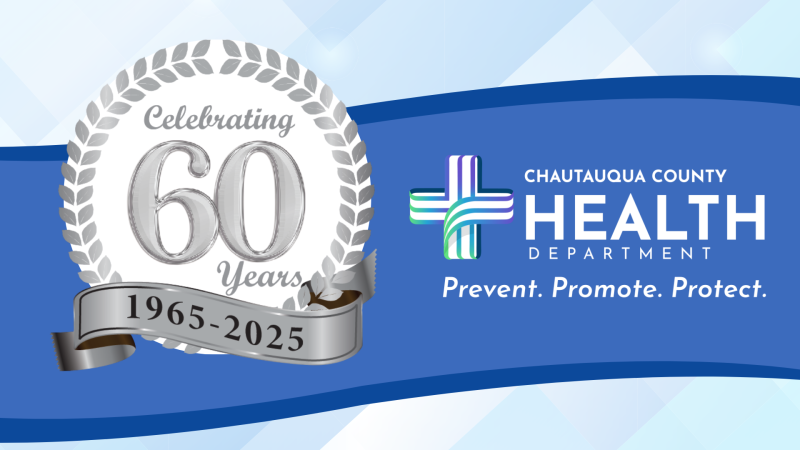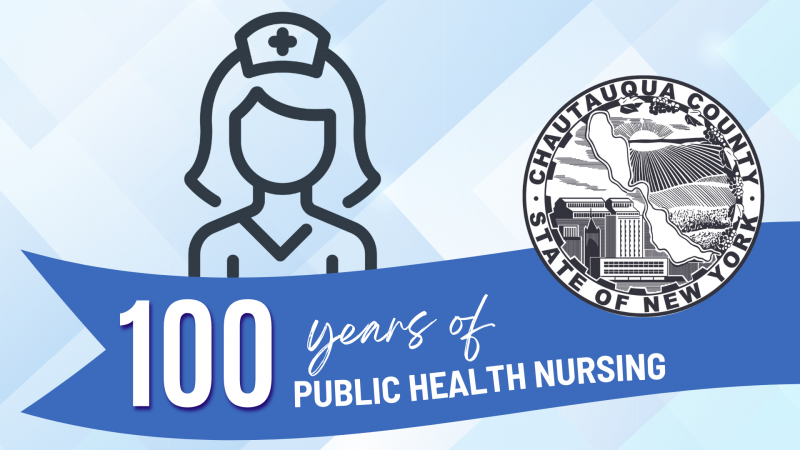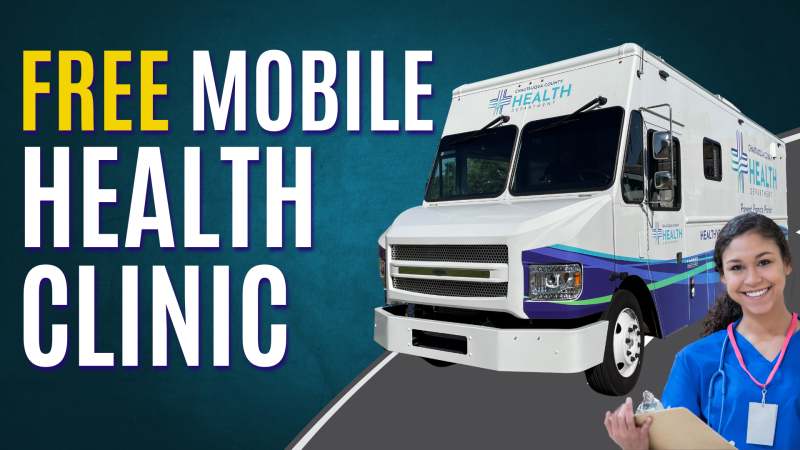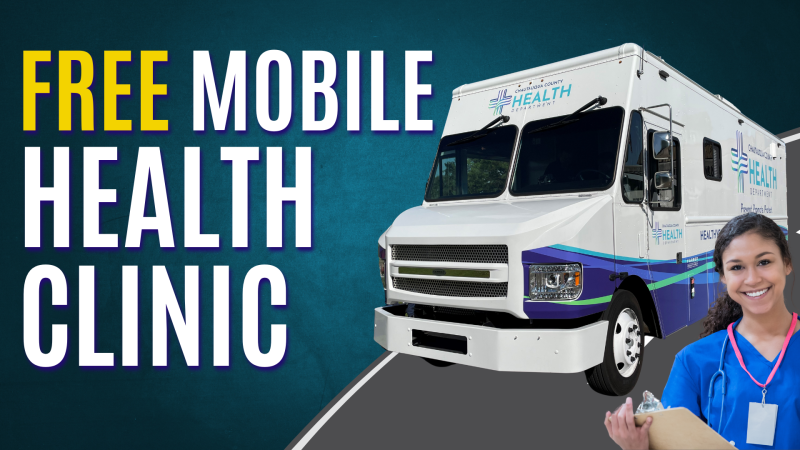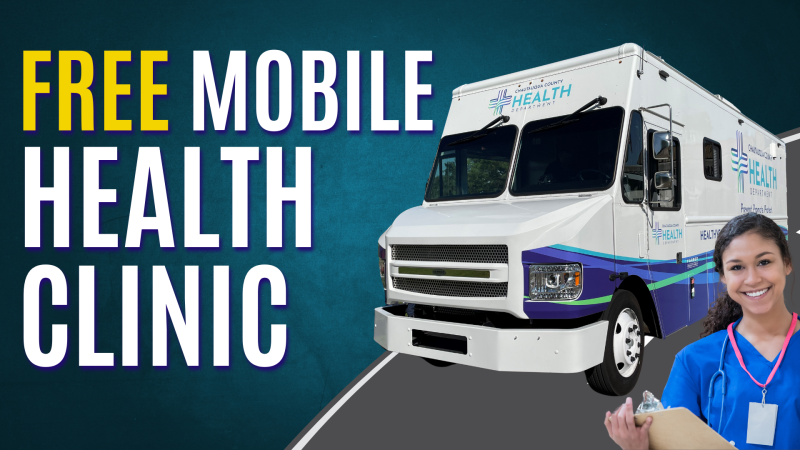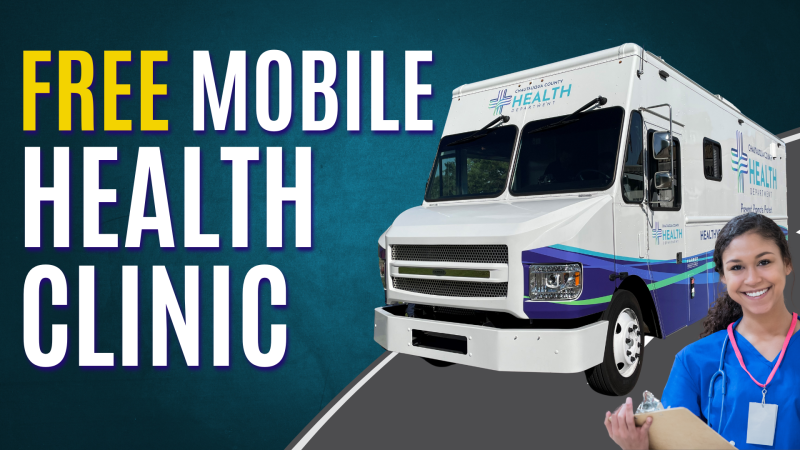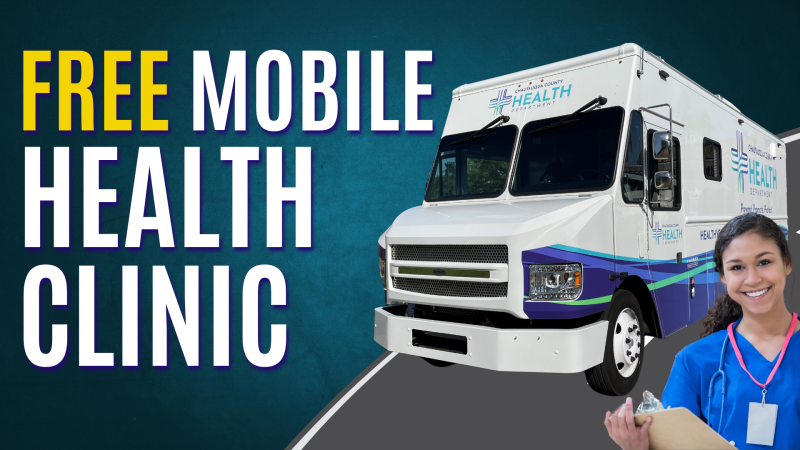What is Diabetes?
The CDC defines Diabetes as "a chronic (long-lasting) health condition that affects how your body turns food into energy.
Your body breaks down most of the food you eat into sugar (glucose) and releases it into your bloodstream. When your blood sugar goes up, it signals your pancreas to release insulin. Insulin acts like a key to let the blood sugar into your body’s cells for use as energy."
With diabetes, your body doesn’t make enough insulin or can’t use it as well as it should. When there isn’t enough insulin, too much blood sugar stays in your bloodstream. Over time, that can cause serious health problems, such as heart disease, vision loss, and kidney disease.
There isn’t a cure yet for diabetes, but losing weight, eating healthy food, and being active can really help. Other things you can do to help:
- Take medicine as prescribed.
- Get diabetes self-management education and support.
- Make and keep health care appointments.
Types of Diabetes
Type I Diabetes - Your body does not make insulin.
Type II Diabetes - Your body does not respond to insulin.
Gestational Diabetes - You are Diabetic during pregnancy.
For more information on what Diabetes is and Types of Diabetes, visit the CDC website: https://www.cdc.gov/diabetes/basics/diabetes.html.
 Diabetes Risk Factors
Diabetes Risk Factors
Type I Diabetes known risk factors include family history and age. Type I Diabetes is normally diagnosed by the age of young adults but can happen at any age. Other factors can attribute to Type I but they are now known at this time.
Type II Diabetes risk factors include, but are not limited too, having prediabetes, 45 years old or older, your BMI falling into the Obese or morbidly obese categories, having a close family member having Type II, having gestational diabetes and more.
Gestational Diabetes risk factors include, but not limited too, had gestational diabetes during a previous pregnancy, have given birth to a baby who weighed over 9 pounds, are overweight, older than 25 years, have a family history of type 2 diabetes.
For a list of risk factors, visit the CDC website: https://www.cdc.gov/diabetes/basics/risk-factors.html.
Signs and Symptoms of Diabetes
The CDC suggests if you have any of the following diabetes symptoms, talk to your healthcare provider about getting your blood sugar tested:
- Urinate (pee) a lot, often at night
- Are very thirsty
- Lose weight without trying
- Are very hungry
- Have blurry vision
- Have numb or tingling hands or feet
- Feel very tired
- Have very dry skin
- Have sores that heal slowly
- Have more infections than usual
More information from the CDC on Diabetes Symptoms can be found at: https://www.cdc.gov/diabetes/basics/symptoms.html.

